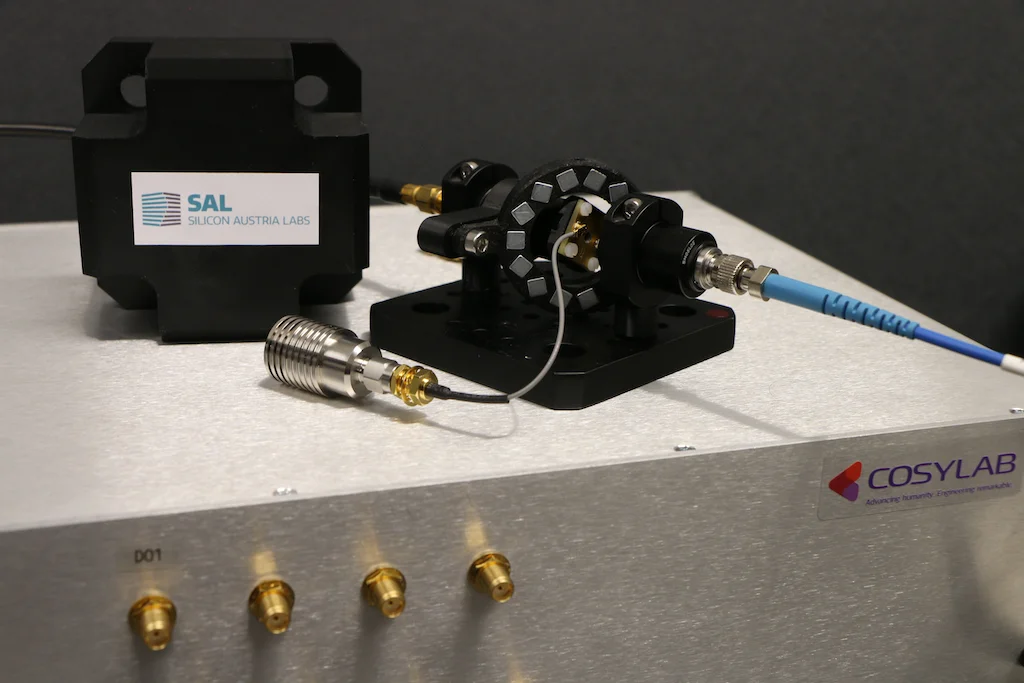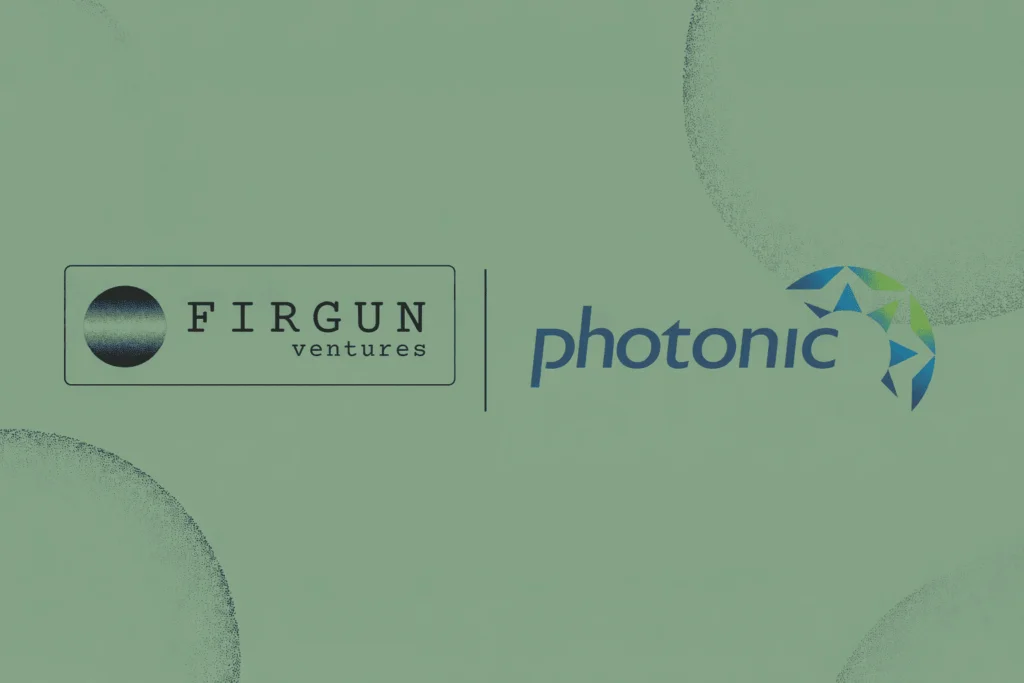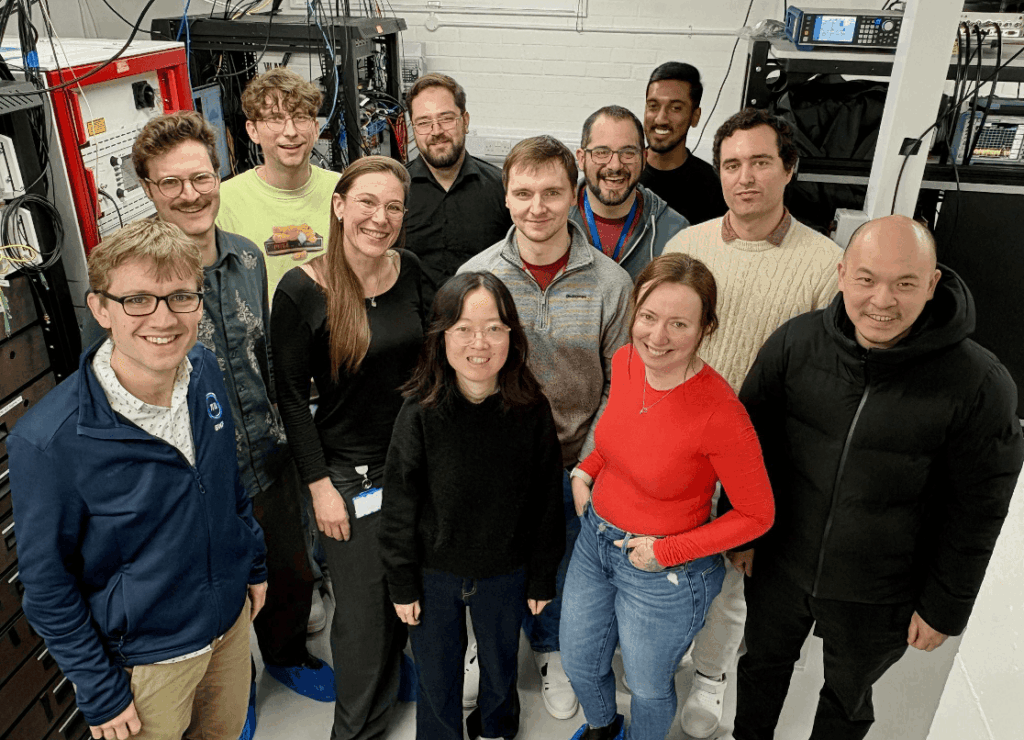Insider Brief:
- Ephos, a quantum photonics startup, raised $8.5 million in seed funding to establish the world’s first glass-based quantum photonic circuits manufacturing facility in Milan. This funding round was led by Starlight Ventures and backed by several prominent investors.
- Founded by theoretical physicist Andrea Rocchetto, Ephos intends to innovate within quantum computing and AI processing through its glass-based photonic chips that reduce photon loss.
- The new Milan facility will enable Ephos to scale its proprietary chip manufacturing and address energy inefficiencies in data centers.
- Ephos’s technology offers strategic advantages for NATO and allied countries by ensuring secure, efficient quantum infrastructure, supported by non-dilutive funding from the European Innovation Council (EIC) and NATO’s Defence Innovation Accelerator (DIANA).
PRESS RELEASE — In a recent release, Ephos, a quantum photonics startup, announced $8.5 million in seed funding to launch the world’s first glass-based quantum photonic circuits manufacturing facility. Starlight Ventures led the funding round with additional backing from prominent investors such as Collaborative Fund, Exor Ventures, 2100 Ventures, Unruly Capital, Green Sands Equity, Silicon Roundabout Ventures, and Club degli Investitori, as well as angel investors from major tech firms such as Amazon and Airbnb. The round also included non-dilutive components from the European Innovation Council (EIC) and NATO’s Defence Innovation Accelerator for the North Atlantic (DIANA).
The Genesis of Ephos and the Vision Behind Its Technology
As noted in a recent interview, Ephos was founded by Andrea Rocchetto, a theoretical physicist with a vision for transforming computational infrastructure. Through its glass-based photonic chips, Ephos is focused on innovation within quantum computing and AI processing. As AI and quantum computing continue to place stress on current hardware systems, the need for new solutions is apparent. Rocchetto recognized that glass-based photonic chips, which process data using light, may be able to reduce signal loss—an issue that traditional silicon-based chips struggle with. By building the entire computational infrastructure on glass, Ephos’s technology reduces the loss of photons between fibers and chips, making the technology more efficient for high-demand applications such as quantum computing and AI.
The inspiration for Ephos traces back to Rocchetto’s return to Italy during the peak of the COVID-19 pandemic. After completing studies and research stints in Rome, London, and Oxford, Rocchetto was conducting postdoctoral research at the University of Texas at Austin when the pandemic forced him to return to Italy. Rocchetto cites this as a period of reflection and reconnection with the local academic and technical communities which led him to identify what he saw as a gap in the technology landscape—there were no startups focusing on quantum technologies in Italy. Roccheto notes he was driven by a desire to tap into Italy’s yet untapped talent pool to build computational technology. In 2022, Rocchetto teamed up with three distinguished researchers—Francesco Ceccarelli, Giacomo Corrielli, and Roberto Osellame—to form Ephos.

The Milestone: $8.5 Million Seed Round and Production Expansion
The $8.5 million funding round will contribute to the development of a state-of-the-art research and manufacturing facility in Milan, located within the Milano Innovation District, a major technology hub in Europe. The facility, as noted in the release, will be the world’s first dedicated to producing glass-based quantum photonic circuits, which will allow Ephos to scale its proprietary chip manufacturing processes and accelerate partnerships within the quantum technology sector.
“Securing this funding and opening our Milan facility is a critical milestone for Ephos. Our glass-based photonic chips are set to transform not just quantum computing and AI, but the broader computational infrastructure of the future,” said Rocchetto. “By addressing energy inefficiencies and enhancing performance across industries, from data centers to secure communications, we’re laying the foundation for the next generation of computing technology.”
According to Rocchetto, around 9% of the total energy produced in the United States is currently used by data centers, and this figure is expected to soar as AI continues to proliferate. Ephos’s photonic chips, which utilize light for data transfer, are highly energy-efficient compared to traditional electronic chips, providing a sustainable solution as the global computing infrastructure evolves.
“We see tremendous potential in Ephos’s glass-based photonic chips to revolutionize the future of computing,” said Kike Miralles, Principal at Starlight Ventures. “As AI and quantum advancements challenge the limits of our current infrastructure, Ephos stands out with its ability to significantly reduce signal loss and improve energy efficiency. This innovation not only meets the growing demands for faster, more efficient platforms but also opens the door to new possibilities in quantum computing and communication technologies across multiple industries”.
Ephos’s technology also offers significant strategic advantages for NATO and allied countries. By focusing on a supply chain exclusively within the US and EU, Ephos ensures that critical quantum infrastructure remains secure and independent from geopolitical risks, a point that has gained increasing importance in today’s fragmented global landscape. NATO’s Defence Innovation Accelerator (DIANA) selected Ephos as one of only 10 companies to receive funding from over 1,300 applicants, further demonstrating the strategic value of its technology
Scaling for the Future: A Vision Beyond Quantum and AI
The Milan facility is expected to be fully operational by the end of the year, with the first set of chips slated for release within weeks. These early chips will serve as a stepping stone toward larger-scale production aimed at both quantum startups and hyperscalers—large tech companies building their own data centers. In the recent interview, Rocchetto hinted at interest from such hyperscalers as a testament to how this demonstrates the commercial potential of Ephos’s glass-based photonic technology.
As Ephos continues to grow, its founder remains focused on the long-term vision of the company: to build the essential infrastructure for quantum computing and AI through scalable, energy-efficient photonic systems. Rocchetto emphasizes that while AI and quantum computing are the driving forces behind this push, the applications of photonic chips extend far beyond these fields, providing new possibilities in secure communications, sensing, and a wide range of industrial applications.














